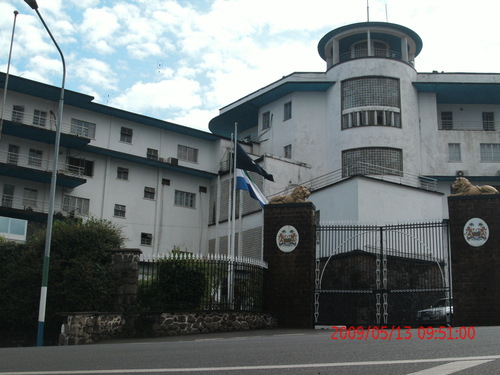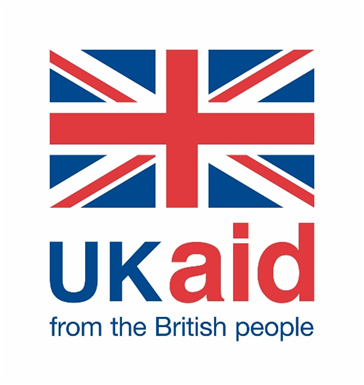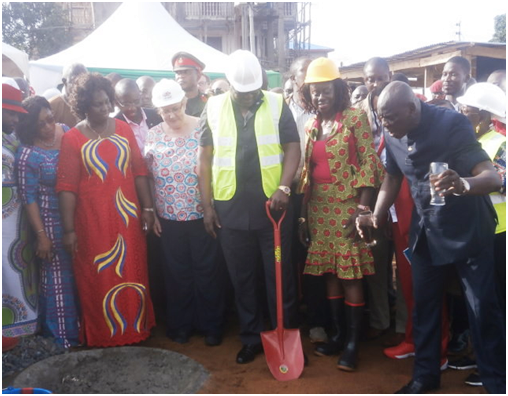Social Protection in Sierra Leone: How far?
On the 9th March 2009, the first draft policy for social protection was prepared by the Social Protection Steering Committee with support from the Department for International Development (DFID) in Sierra Leone. The reason for the development of a National Policy for social protection across Africa was stimulated by the Livingstone Process from the United Kingdom. After a series of regional and in-country consultations, guidance notes and framework, the Government of Sierra Leone has enjoyed great assistance from development partners like DFID and other agencies to plan and prepare policies to influence national development. However, several countries have already completed the drafting of social protection policy and started its implementation, except for Sierra Leone. The framework for the Sierra Leone case was developed in the light of Africa Social Protection Framework developed and agreed upon in October 2008 by representative of Ministers responsible for social Welfare from 36 countries in Africa at Windhoek Namibia. (Photo: street kid sleeping)
But the billion dollar question is, who needs social protection, what kind of protection do the vulnerable need, and why is a protection policy is necessary?
Currently, housing stands to be a major problem in the country as thousands of disabled Sierra Leoneans continue to go homeless with little or no plan from the Government and the Freetown Municipality Council. Despite of the number of Non Governmental Organizations, Human Rights organizations in the country, none has vested interest on the plight of the homeless disabled.
After investigation conducted in the heart of Freetown on these chronically poor and the physically at risk group, indications are that these people are in dire need of social protection. The chronically poor are the poorest of the poor that comprise of destitute, beggars, physically challenged, mentally unstable, war wounded, who have no means of sustenance and their survival mostly depends on the goodwill of the people in their communities on a day to day bases.
The economically at risk are the set of people who are not embarked on economic activities that can support their livelihood or are unemployable because they lack education. This group consists mostly of the youths. It stands discouraging and heart rendering to learn that since the draft policy was developed in 2009, not a single strife has been made by the Government to ensure its implementation. In Sierra Leone, youths that lack education and the half bakes are the categories of people politicians use and abuse on election and leave them with unfulfilled promises.
Even though rains have not yet intensified in the city, dead bodies of homeless citizens have variously been found in major streets and drainages in the city.
The rate of street kids is also on the increase with blind beggars parading the streets of Freetown while mentally challenged and crippled folk day in day out flood the city to beg for alms. Life continues to be miserable for these people NGOs registered with government, and the government itself offers little or no hope for these vulnerable poor.
The Deputy Minister of finance and economic development Dr. Richard Conteh’s drive to chase all portfolio NGOs out of the country is yielding no dividend as purported NGOs still operate country wide. The APC Government by the look of things has misplaced its priority as justified by the many failed projects that have nothing to do with actual sufferings of the people and thus those that may be needing protection are left abandoned and left out.
Stay with Sierra Express Media, for your trusted place in news!
© 2010, https:. All rights reserved.






